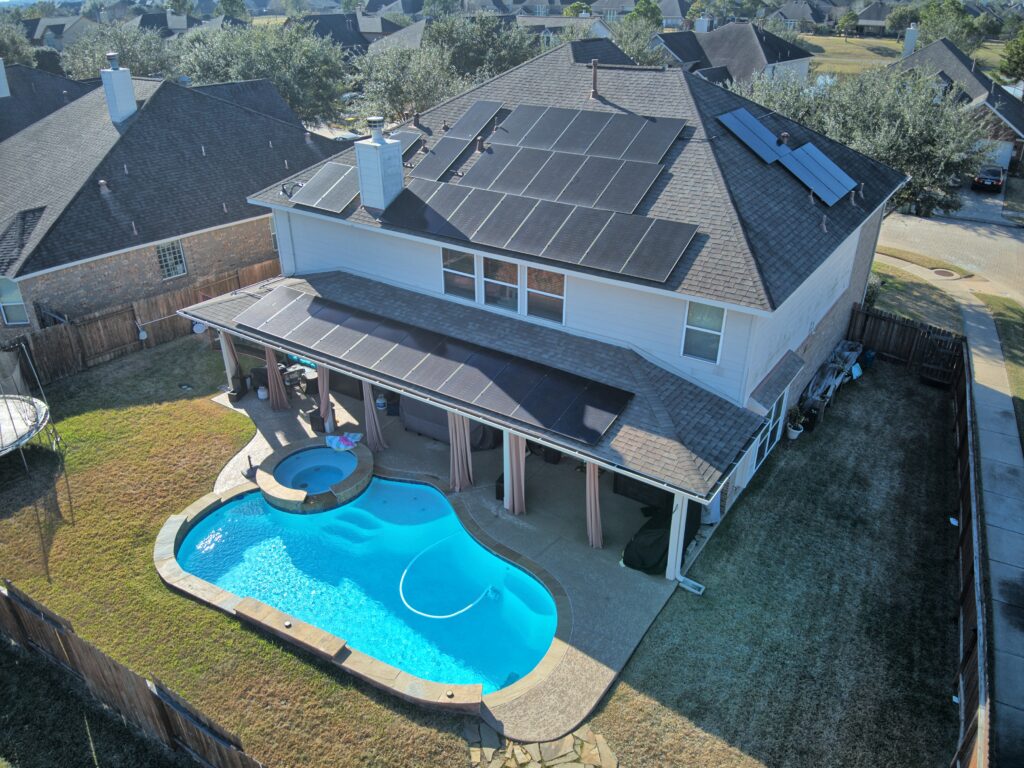Solar Energy Can Save Money

Switching to solar power is a big decision that homeowners shouldn’t make before reviewing all of the information. Want to know if installing residential solar panels is right for you? Let me walk you through the pros and cons of solar panels to help you decide.
To determine if installing residential solar panels is right for you, review the pros and cons of solar panels in our area.
Pro: Tons of Sun
Solar panels can be effective at producing energy in lots of different climates and regions because they can work off of any daylight, not just direct sunshine. That said, they do produce more energy in direct sunlight. That’s why solar is most popular in places that get a lot of sunshine. As residents of the 4th sunniest state in the US, Texans and their homes are prime candidates for solar panel installation.
Con: Reduced Efficiency in Heat
The temperature at which solar panels produce energy most efficiently is 77ºF. When the temperature is higher, solar panels produce a little bit less energy. Luckily, the drop in efficiency isn’t too big. The exact numbers can change depending on the manufacturer and the type of panels, but generally, solar panels become a fraction of a percent less efficient every few degrees. This means your panels may produce slightly less energy on really hot days, but they’ll still generate plenty to power your home.
Pro: Utility Savings
On average, American households could save $125 per month on their electric bills just by switching to solar. That adds up to $1,500 per year—and that’s just the average! Plenty of property owners can save more than that, like people with larger homes, households that use more power, and houses in areas like ours where running the AC is basically a lifesaver during half the year. Depending on your home, you may see way more than $1,500 in savings a year.
Con: Battery vs. Grid
There are good things about having a solar battery and about staying connected to your local electric grid. Unfortunately, one battery may not power the whole house, you may need more than one and that may get a bit expensive. A battery lets you save any extra energy your solar panels produce to use at night or during power outages. A grid connection lets you have standard electricity as a backup source of power. Plus, with a grid connection, you can sell back any excess electricity that your solar panels generate for Renewable Energy Production Credits.
Pro: Energy Independence
One of the biggest benefits of switching to solar energy is the increase in independence it offers homeowners. Electric companies adjust their prices every quarter, which usually just means raising their costs. This means that every year, people are paying more for electricity than they were before. When you install solar panels, you don’t have to subject yourself to price hikes anymore. Instead, you can enjoy stable prices and the feeling of freedom. Plus, because the Texas power grid can be unreliable, often posing health and safety risks when it goes down, having the energy independence of a solar energy system can be a literal lifesaver.
